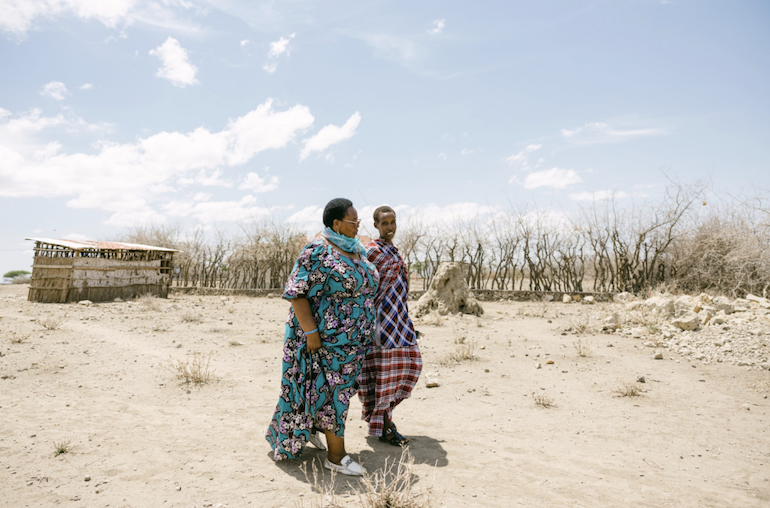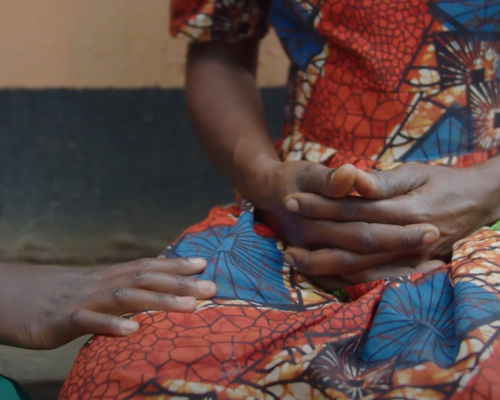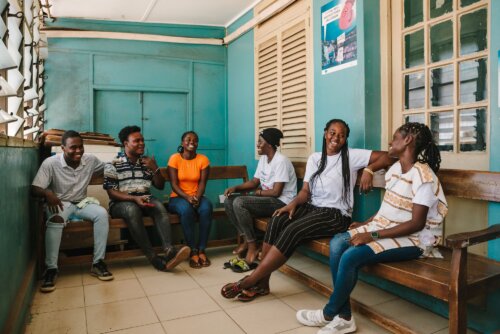Why a Community-Led Response is Crucial to Ending AIDS
Regardless of what we read, watch, and listen to, none of us will ever understand the ins and outs of a community quite like those who are actually part of it. This is why The Global Fund and (RED) believe in the importance of community-led responses in the fight against global health crises like AIDS.
A “community-led response,” means that all actions and strategies aimed at improving the health and human rights of a community are specifically informed and implemented by and for communities themselves.
In order to end AIDS by 2030, we need to empower communities living with and most affected by HIV to lead the charge. Health programs can only stay innovative, effective, and sustainable if those affected play a role in all planning and decision-making.

In (RED)-supported country Tanzania, the Maasai Mto-wa-Mbu Community Clinic relies on community members to help expand the reach of the health services they provide. In this rural setting, community health workers are often tasked with going “boma to boma” or house to house, promoting usage of the local clinic or providing critical in-home health assessments, including urging pregnant women to visit the health facility for prenatal care and delivery instead of having home births—which are statistically more risky and can increase pregnancy complications.
Mama Esther has served as a health worker in the Maasai community for over 15 years, building trust with local families and establishing herself as a life-saving resource for vital health information and care. On one of her community visits a few years ago, she encountered a very sick young woman named Neema, whom she also learned was pregnant. Though Neema was initially hesitant to get tested for HIV due to high rates of stigma, Esther encouraged her to go to the clinic. There, she was tested and learned she was HIV-positive. Thanks to Mama Esther and the support of her family, Neema began taking life-saving ARVs, which suppressed the virus and kept her healthy for the remainder of her pregnancy, and ensured her baby was born HIV-free.
When you support (RED), you empower front-line health workers like Mama Esther to serve entire communities with localized, life-saving care.


